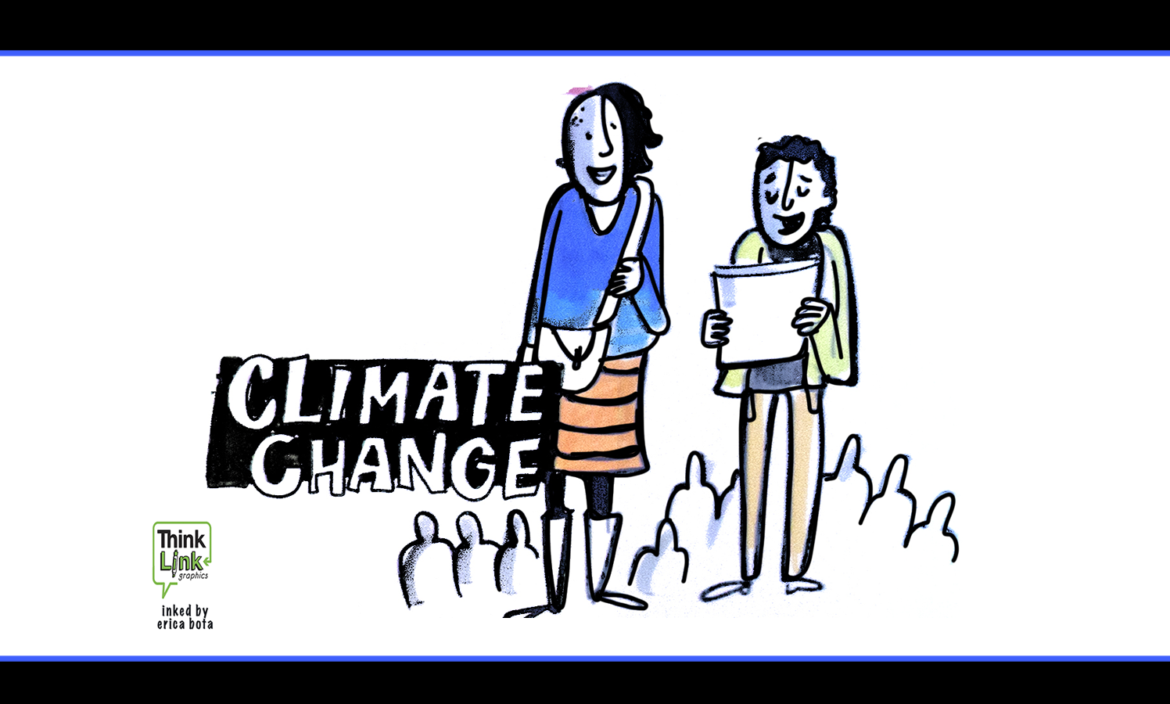
Laser Talk: What is a contract for difference? In finance, a contract for difference (CFD) is a legally binding agreement that creates, defines, and governs mutual rights and obligations between two parties, typically described as “buyer” and “seller”, stipulating that the buyer will pay to the seller the difference between the current value of an asset and its value at the contract’s end date. If the closing trade price is higher than the opening price, then the seller will pay the buyer the difference, and that will be the buyer’s profit. The opposite is also true. That is, if the current asset price is lower at the exit price than the value at the contract’s opening, then the seller, rather than the buyer, will benefit from the difference. Laser Talk: Canada, Carbon Pricing and Contracts For Difference Canada is striving to lead in carbon pricing, introducing carbon contracts for difference to provide businesses with price predictability for long-term investments in decarbonization. Despite widespread economic support and a Supreme Court ruling, opposition from provinces and the Conservative Party creates uncertainty for companies. To encourage emissions reduction efforts, CFDs are deemed essential, promoting financial stability for governments, businesses, and households. However, poorly designed CFDs may inadvertently support fossil fuel subsidies and perpetuate carbon lock-in in the energy sector, highlighting the need for careful implementation.

